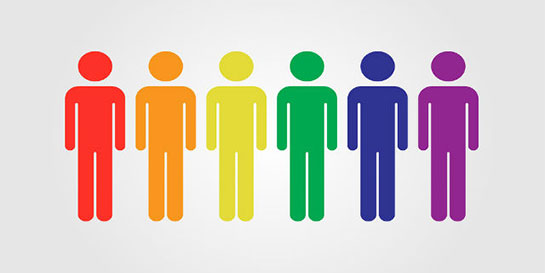
The June 15, 2020, decision by the Supreme Court of the United States (SCOTUS) affirming Federal Civil Rights protections in employment for sexual and gender minorities (SGM) across the country has significant health equity implications. Prior to the 6-3 SCOTUS decision, SGM in 17 states could have been fired because of their sexual orientation or gender identity. Twenty-one states and the District of Columbia provided full employment protection for sexual orientation and gender identity, while Wisconsin only provided those protections for sexual orientation. Eleven other states, including the Commonwealth of Pennsylvania, only provided some employment protections for SGM public employees. After the SCOTUS decision, SGM across the U.S. are provided federal employment protections against unjust firing based on sexual orientation or gender identity.
The SCOTUS decision provides policy-backed support to the fight for health equity among SGM. There are well-established connections between employment and food and housing security, health insurance and health care access, the ability to provide for one’s family, and longer life expectancy. The SCOTUS decision prevents the loss of employment and its many health and social benefits because of how one identifies their sexual orientation or gender. Additionally, the SCOTUS decision helps to alleviate the chronic stress arising from the fear of being fired that many SGM experience, as well as the immeasurable negative health effects that arise because of this fear and stress.
Article 23.1 of the Universal Declaration of Human Rights states, “Everyone has the right to work, to free choice of employment, to just and favorable conditions of work and to protection against unemployment.” The SCOTUS decision affirmed the human dignity of SGM and their human rights to employment free from homophobic and transphobic discrimination. While more work is certainly necessary to achieve health equity for SGM populations, we celebrate this decision as a positive step toward creating more equitable health and social environments for those in our communities who exist across the gender and sexuality spectrum.
Andre L. Brown
Assistant Professor
Behavioral and Community Health Sciences
Center for Health Equity
7/09/2020